Keep food handling areas cleaner with antimicrobial product protection
LIFE antimicrobial ingredients can be built into plastic surfaces or coated surfaces during the manufacturing of the kitchen appliances, preparatory surfaces and storage containers and bins to and provide continuous protection against microbial growth on surfaces for the life of the product.
In the United States, 1 in 3, or 76 millions people, contact food poisoning annually. That\’s 1,461,538 cases per week, 208,219 per day, 8,675 per hour, 144 per minute, 2 per second.
Good kitchen hygiene practices include
- Keep all food contact surfaces clean during preparation, so that bacteria are not accidentally transferred to the foods.
- Store food at low temperatures where bacteria can\’t grow and multiply.
- Be careful not to undercook higher risks foods, which might leave bacteria alive if not thoroughly cooked.
- Technology is available now, that binds antimicrobial substances to food contact surfaces, thereby continuously helping to keep such treated surfaces cleaner.
Harmful bacteria
- Salmonella bacteria are the number one food contaminant, causing nearly one-third of foodborne hospitalizations and deaths.
- A relatively large inoculum of 10-100 million Salmonella bacteria is required to cause symptoms. By keeping bacterial levels low through good hygiene practices, domestic food poisoning incidents can be averted.
LIFE antimicrobial ingredients can be built into plastic surfaces or coated surfaces during the manufacturing of products including kitchen appliances, preparatory surfaces and storage containers and bins to continuously protect against microbial growth on these surfaces for the life of the products.
